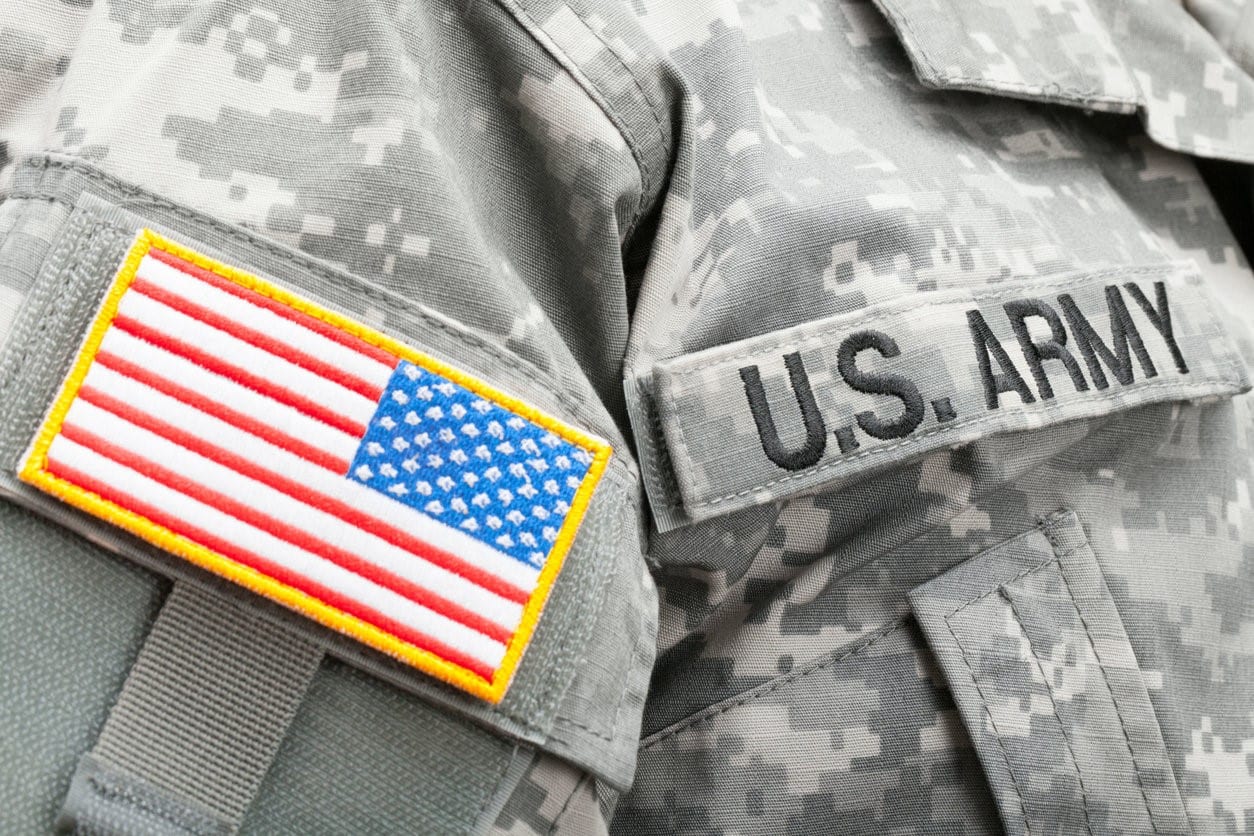
For many, serving in the United States military is the ultimate sign of dedication and protection for our country. It’s a choice and sacrifice you’re willing to make because you believe in America and what we stand for.
While all branches of the military actively seek new members, not everyone is automatically eligible to join. You have to fulfill a number of physical and mental health requirements in addition to meeting high moral and legal standards.
For this reason, a criminal history can be detrimental to you when it comes to enlisting. That’s why, if you have any interest in being a service member, it’s crucial to follow the law as best you can. Sometimes, however, people make mistakes.
While certain mistakes can be forgiven by the military, not every mistake can be forgiven. In other words, if you have a few parking tickets or speeding citations, you shouldn’t have to worry. But more serious offenses could be a cause for concern. So it’s important to know ahead of time what crimes may disqualify you from joining and serving in the military.
Driving under the influence. A single DUI conviction on your record may be able to be waived in order to join the military. First, though, you need to make sure you are completely off of probation in order to even begin the enlistment process. If, however, you have two or more DUI convictions, you won’t be able to join.
Drug offenses. The different branches of the military look down upon drug charges. Up until recently, if you had any drug offense on your record, you would most likely be completely disqualified. However, if you have a single drug possession charge, you might potentially be able to get a waiver. With a number of qualified applicants who don’t need waivers, though, it’s best to avoid drug convictions of any kind, and felony drug charges for sale, distribution, and trafficking will make you automatically ineligible.

Domestic violence. The military is committed to addressing and combatting domestic violence. For this reason, if domestic violence appears on your criminal record, you won’t be able to enlist unless your case is one of the rare ones where the charges were completely dismissed or dropped and without any conditions. Many branches of the military have a zero tolerance approach when it comes to domestic violence, so if it’s in your history, don’t count on joining.
Sex offenses. The military will not accept any applicant who has been convicted of a sexually violent offense such as sexual assault, battery, and abuse, as well as any sexual offense involving a minor – including child pornography.
Felony convictions. For the most part, if you have been convicted of a felony, you will not be able to serve in the military. While different branches have different rules, the more severe or violent the crime, your chances of getting a waiver approved decrease.
How Does a Moral Waiver Work?

As mentioned above, you might be able to receive a moral waiver for certain offenses and convictions in your criminal record. Submitting a waiver doesn’t automatically qualify you to join the military, but it can give you the chance to explain the offense in question.
In processing waiver requests, you will have to give a detailed account of the “who, what, when, where, and why” of your offense. On top of that, you will also have to provide letters of recommendation that vouch for your moral character and how suitable you are for enlistment. These letters can be from responsible community leaders such as law enforcement officers, school officials, employment supervisors, religious leaders, and so on.
One of the main considerations in determining whether a waiver will be granted is how well you have adjusted to civilian life following your release from the judicial system. The better you adjust and maintain that way of life, the better your chances are at being able to join the military. Ultimately, though, every case is different and a decision will be based solely on your case and the information presented.
When you meet with a recruiter to discuss your background and reasons for enlisting, make sure you are completely honest about your criminal record. If you lie about anything, even if it didn’t result in a conviction, you could be disqualified anyways.
Additionally, if you have any desire to join the military and are facing criminal charges, contact an experienced Minnesota military defense lawyer for the best chance at avoiding conviction and disqualification for enlisting.
About the Author:
Christopher Keyser is a Minneapolis-based criminal and DWI defense attorney known for fighting aggressively for his clients and utilizing innovative tactics to get the most positive results. He has been featured in numerous media outlets due to the breadth and depth of his knowledge, and recognized as a Minnesota Super Lawyers Rising Star, a Top 100 Trial Lawyer, and a Top 40 Under 40 Attorney.





